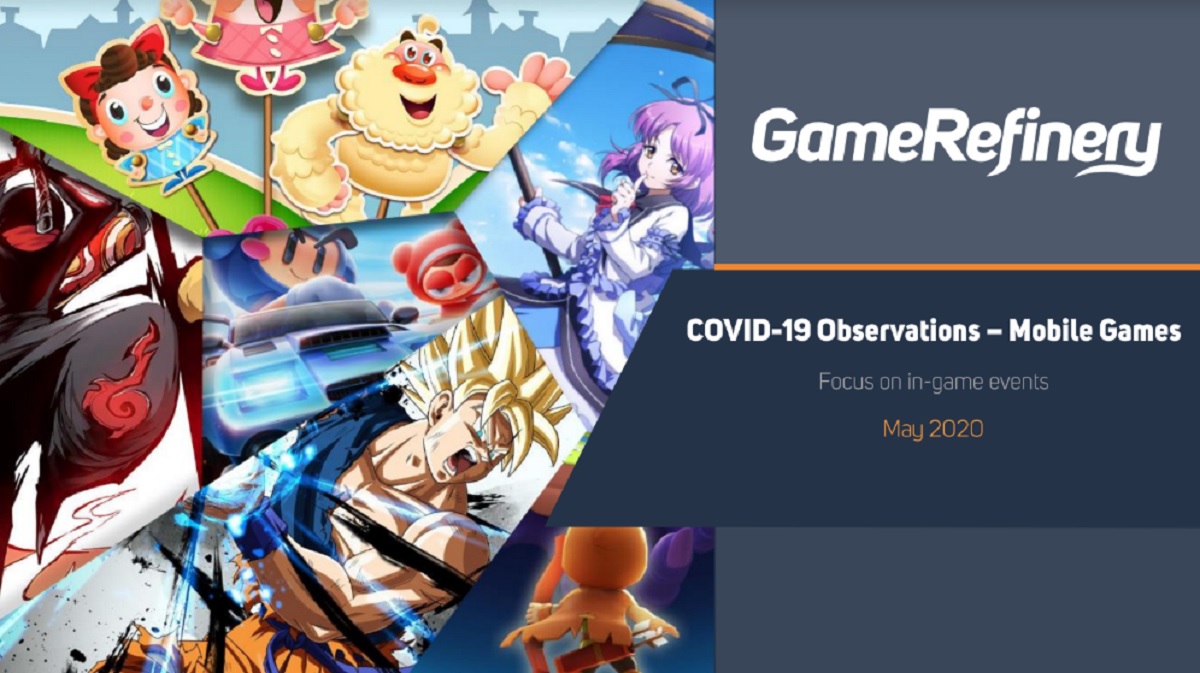Mobile game developers have increased free gifts, added more playable content, launched charitable campaigns, and adapted location-based titles during the pandemic, according to a new report from GameRefinery.
The mobile game insight and analytics firm said that game developers and publishers have refined their live operations during the pandemic to offer additional experiences to mobile gamers during their most difficult months.

Unlock premium content and VIP community perks with GB M A X!
Join now to enjoy our free and premium membership perks.
![]()

![]()